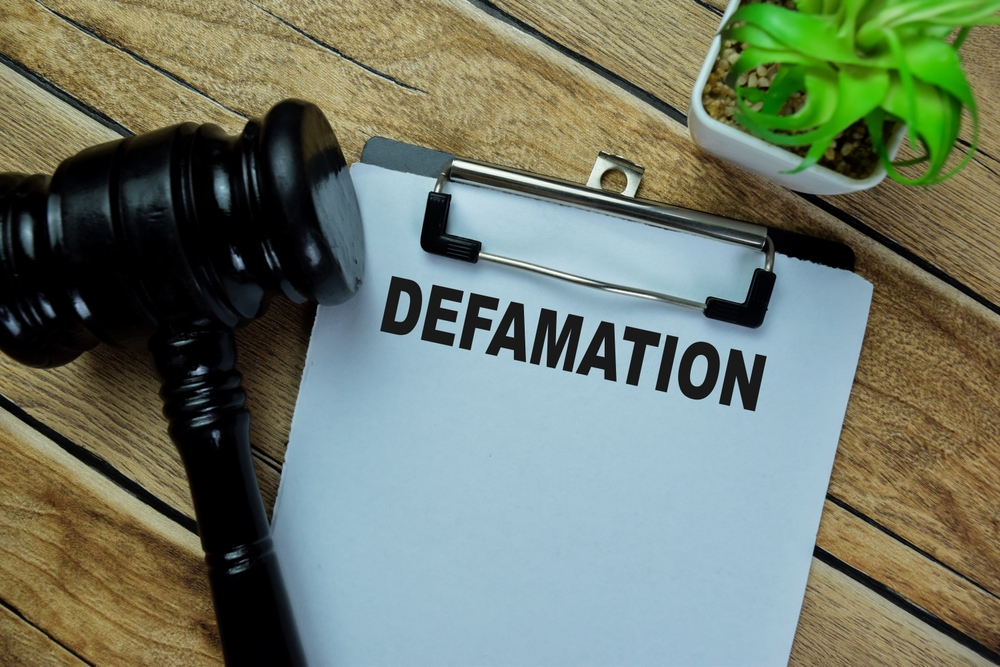Social media has changed the way people communicate. A single post, comment, or review can reach thousands within seconds. But with that reach comes responsibility. What may seem like an opinion or joke can sometimes cross the line into defamation. In Australia, defamation laws protect individuals and businesses from false or harmful statements made online. If you ever face such a situation, speaking with experienced defamation lawyers in Brisbane can help you understand your rights and options.
This article explains how defamation laws apply to social media in Australia, what counts as defamation, how the law is enforced, and what defences may apply.
- What Is Defamation?
Defamation occurs when someone makes a false statement that harms another person’s reputation. This happened through newspapers, television, or radio. It occurs on platforms like Facebook, Instagram, and Meta.
Even casual comments online can be considered “publications” under Australian law. That means you can be held legally responsible for what you post, share, or comment on if it damages someone’s reputation.
Deleting a post later doesn’t always fix the issue either. Once information is shared publicly, it can be copied, reposted, or seen by many people before it’s removed.
- How Defamation Laws Work in Australia
Defamation in Australia is covered under the Uniform Defamation Laws, which are consistent across most states and territories.
To prove defamation, three main elements must exist:
1. Publication: The statement was shared with at least one other person.
2. Identification: The person being defamed can be identified in the statement.
3. Defamatory Meaning: The statement harms that person’s reputation.
On social media, all three elements can be met easily. A tagged post, a comment thread, or a review that names a person or business could meet these conditions.
It’s also important to know that defamation doesn’t require intent. Even if you didn’t mean to cause harm, you may still be liable if the statement damages someone’s reputation.
- Common Examples of Online Defamation
Online defamation can occur in many forms. Some common examples include:
● Writing false or misleading reviews about a business.
● Making accusations or spreading rumours on Facebook or other platforms.
● Posting screenshots or comments that misrepresent someone.
● Sharing another person’s private information or opinions without consent.
Australian courts have dealt with several high-profile social media defamation cases. In one instance, a person was ordered to pay damages for negative Facebook comments that harmed another’s professional image. In another case, a business owner faced legal consequences for a false online review.
- The Importance of Context and Tone
When assessing a defamation case, courts look closely at the context and tone of the content. What seems like a harmless comment to one person might appear damaging to another. Sarcasm, humour, or emojis can easily be misunderstood online, where tone isn’t always clear.
Freedom of speech does exist in Australia, but it’s limited when a statement harms someone’s reputation. Being careful with how you express opinions about others helps prevent misunderstandings that could lead to legal trouble.
- Defences Against Defamation
Not every negative statement is considered defamation. Australian law allows several defences, including:
● Truth (Justification): If the statement is substantially true, it’s not defamation.
● Honest Opinion: If it’s clearly an opinion based on facts and not presented as a fact itself, it may be protected.
● Public Interest: If the publication serves a genuine public interest, it can be a valid defence.
Each case depends on the facts, so it’s important to get legal advice before assuming a statement is protected. Consulting defamation lawyers in Brisbane can help you understand which defence may apply to your situation.
- Business and Social Media Responsibility
Defamation doesn’t only affect individuals; businesses can also be impacted. A single negative review or false statement can damage a company’s reputation and revenue.
The High Court of Australia ruled that page owners and administrators can be held responsible for defamatory comments made by others on their pages. This means businesses must monitor comments and discussions on their social media platforms carefully.
As of October 2025, reforms are underway. For example, in Queensland the Defamation and Other Legislation Amendment Bill 2025 (Qld) was introduced on 14 October 2025. It aims to modernise the state defamation law to reflect digital-platform realities like online publications, digital intermediaries, page admins, and strengthen takedown powers.
Many companies seek advice not only from defamation lawyers but also from building and construction lawyers in Brisbane or other industry-specific legal professionals when disputes involve reputation and business operations.
- The Changing Nature of Online Defamation
New features, anonymous accounts, and viral content create new challenges for courts and lawmakers. Recent updates to Australian defamation laws aim to balance freedom of expression with protection from reputational harm. The responsibility still lies with users to think before posting and ensure what they share is accurate and fair.
- Conclusion
Now every comment, review, and post can have lasting effects. Defamation laws in Australia are designed to protect individuals and businesses from serious harm caused by false or damaging statements online.
If you’re unsure about what you can safely post, or if you believe you’ve been defamed, it’s wise to seek help from qualified defamation lawyers in Brisbane. They can guide you through your rights and options, helping you avoid unnecessary risks and protect your reputation.





Comments